Neurodevelopmental Disorders
Table of Contents
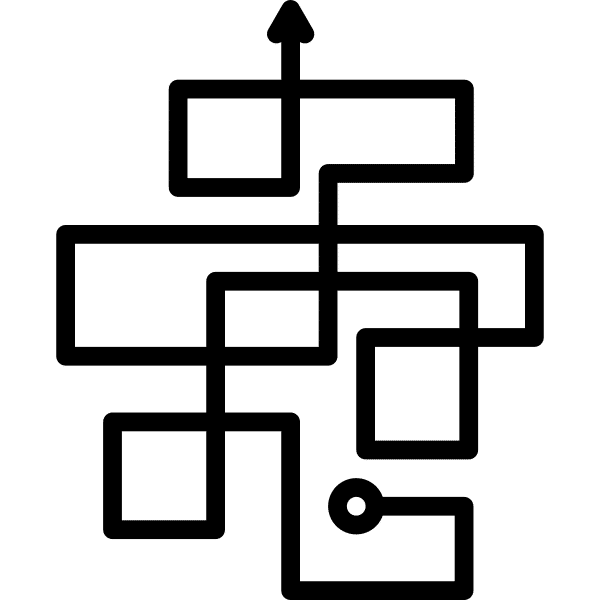
What Are Neurodevelopmental Disorders?
Neurodevelopmental Disorders (NDs) are types of disorders that influence how the brain functions.
These types of disorders alter neurological development causing difficulties in social, cognitive, and emotional functioning.
The most common types of NDs are attention-deficit/hyperactive disorder (ADHD), communication disorders, and self-regulation behavioral challenges. Autism spectrum disorders (ASD) are on the rise in the neurodevelopmental category.
Most people are familiar with ADHD and autism, but they do not realize the underlying cause is neurological disorder. Dr. Trish Leigh has helped clients assess and treat neurodevelopmental disorders for over 25 years. Help is available to improve brain performance and abilities.
Neurological dysfunction during critical stages of development are at the core of neurodevelopmental disorders. This is what makes them most noticeably present in toddlers, children, and young adolescents, but they can continue to persist into adulthood. Sometimes they may go undiagnosed until one is an adult. There are instances in which a child, with the proper support and treatment, may overcome the symptoms and inherent dysfunctional brain patterns associated with a neurodevelopmental disorder.
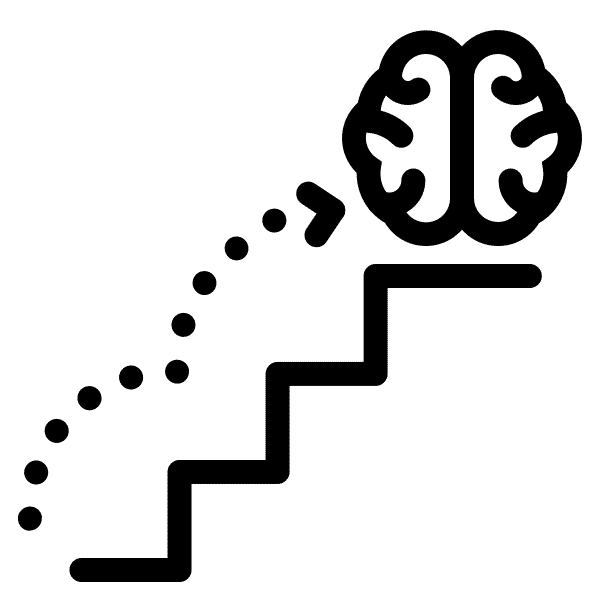
Types of Neurodevelopmental Disorders
- Attention Deficit/Hyperactive Disorder (ADHD)
- Communication Disorders
- Learning Disabilities
- Cognitive Disabilities
- Sensory Processing Disorder
- Learning Disabilities
- Autism Spectrum Disorder (ASD)
- Neurodevelopmental Motor Disorders
The Symptoms
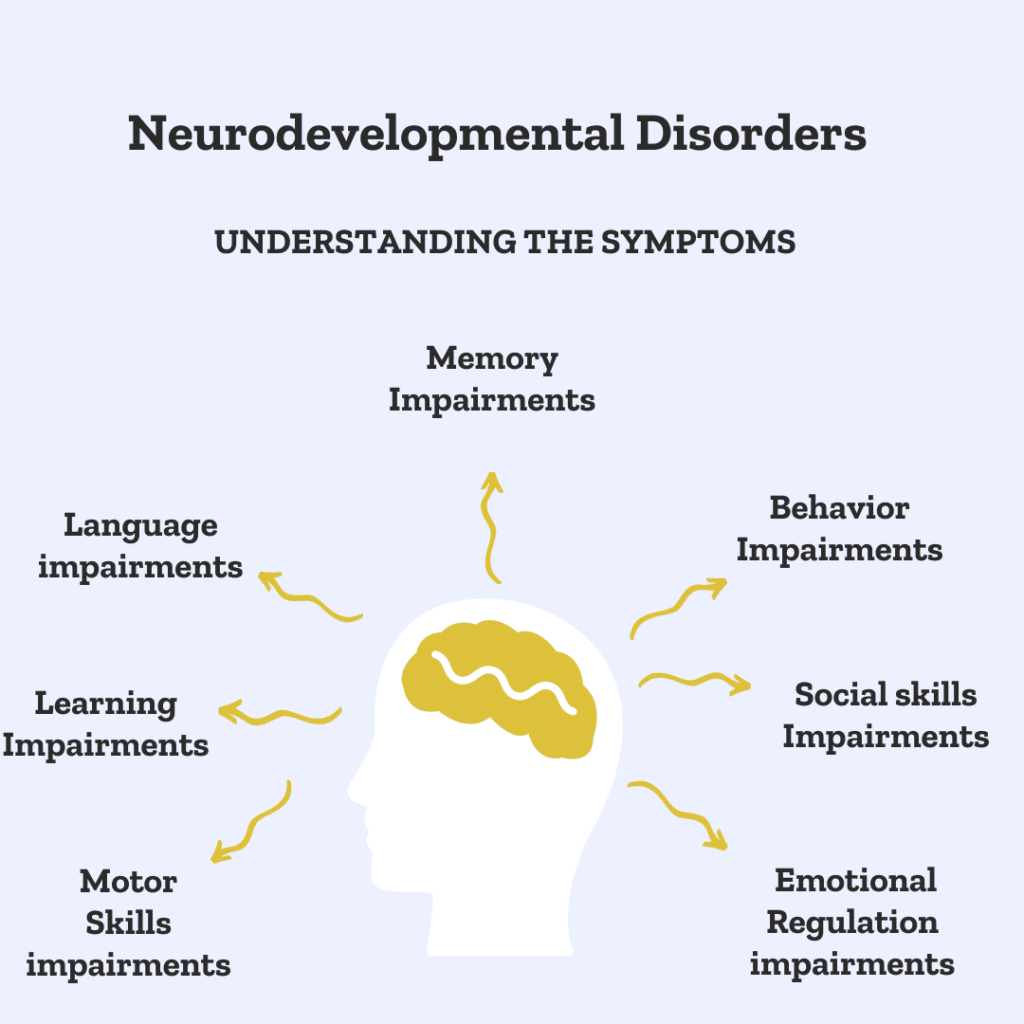

The Causes
Neurodevelopmental Disorders have at the core a dysfunctional brain performance pattern, typically one of too much slow electrical energy.
Studies show that slowing can be identified using qEEG Brain Mapping. Thus, slowing in the brain leads to decreased or dysfunctional development of the skills and abilities that are controlled by the affected brain areas. Scientists have mapped the entire brain and found that specific regions control particular behaviors. For example, the right frontal lobe is responsible primarily for attention and working memory, and when this area uses the dysfunctional brain pattern of increased slowing, ADHD results.
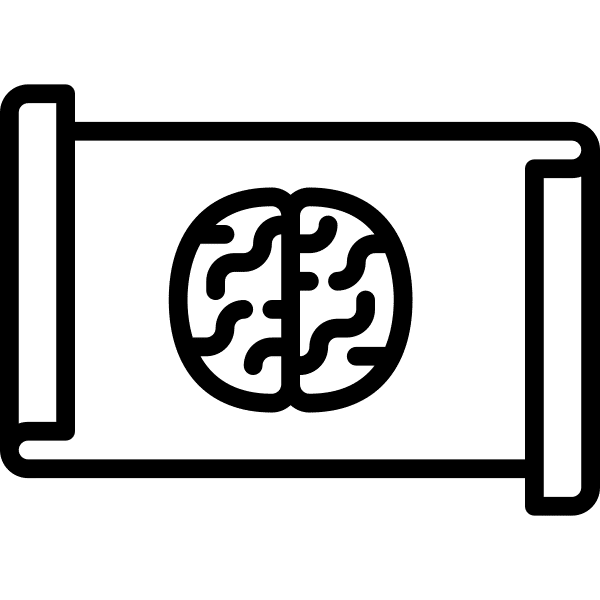
Diagnosis of Neurodevelopmental Disorders
Traditional assessments diagnose the type of disorder based on the observed behaviors. With advances in science and technology, for over 65 years, leading professionals have been able to assess and visualize the dysfunctional brain patterns contributing to neurodevelopmental disorders using qEEG, quantitative electroencephalogram. Dr. Trish Leigh is one of those professionals at the forefront. As the top-tier global leader in providing qEEG Brain Mapping services, Dr. Leigh is highly trained in identifying neurodevelopmental disorders of all types. Advanced assessments lead to state-of-the-art solutions for neurodevelopmental disorders.

Solutions
Advanced technology can be used to optimize the dysfunctional brain pattern used by a person struggling with a neurodevelopmental disorder. The challenges start in the brain and can be solved in the brain. Traditional Therapies for Neurodevelopmental Disorders Behavioral, speech, language, vision, and occupational therapy all have one thing in common. They look to enhance brain performance by using the mind and body to build new neural pathways. These therapies are very important, but they use a two-step approach.

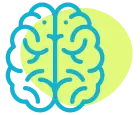
Top-Tier Solutions for ADHD and Other Neurodevelopmental disorders:
Neurofeedback “brain training” addresses brain rewiring directly at the source. Dr. Trish Leigh is skilled in assessing and then implementing individually designed brain training protocols to improve the brain performance of each and every client that she works with. Comprehensive personalized protocols allow for the brain to rewire itself with greater ease and efficiency. Studies show that Neurofeedback is highly effective for ADHD, communication, behavioral, cognitive, and emotional challenges. In addition to Neurofeedback, Dr. Leigh offers personal coaching for clients or parents to ensure that the new, improved brain pattern is being used and reinforced in everyday settings. She can facilitate communication with other medical, educational, or therapeutic professionals to synergize all therapies for increased outcomes in less time. This powerful combination allows healing to happen faster and with less struggle.
Summary
Neurodevelopmental disorders, including ADHD and cognitive and behavioral challenges, are often conditions that can persist throughout an individual’s life as a result of dysfunctional brain processing speed. With advances in neuroscience and technology, there is now an at-home brain scan assessment that can show an individual the brain performance pattern at the core of Neurodevelopmental delays and disorders. This top-tier evaluation leads to high-level solutions.
If you suspect that your child may present symptoms of a neurodevelopmental disorder, contact the highly skilled team of Dr. Trish Leigh & Co. HERE. If you think you may have undiagnosed ADHD, schedule your QEEG brain map assessment with Dr. Trish Leigh now.

